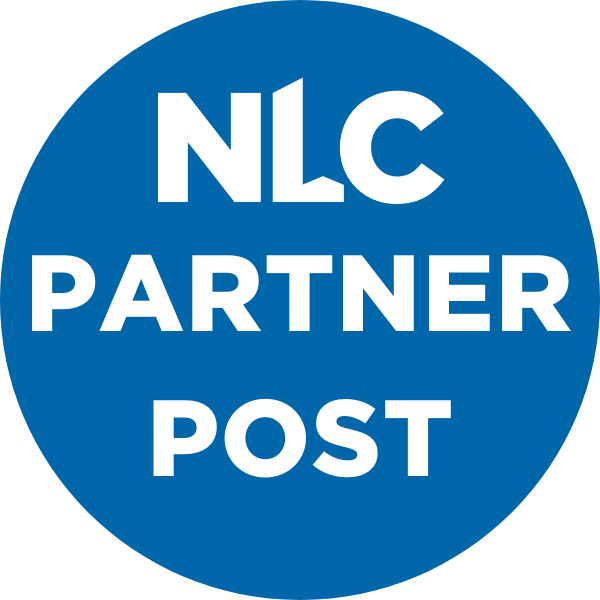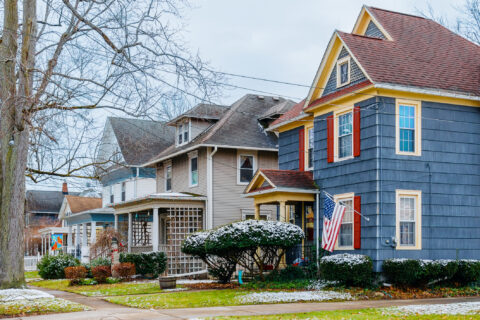A sudden pipe burst or a backed-up sewer line can be more than just an inconvenience for a homeowner; it can be a financial catastrophe. As homes and the private infrastructure supporting them age, residents face a growing risk of unexpected, costly repairs. These emergencies often force families to drain savings, take on debt or make difficult financial choices. For a city, the impact doesn’t stop at the property line. These individual crises can ripple through the community, affecting economic stability and straining public resources.
Municipal leaders have a unique opportunity to shift from a reactive to a proactive stance. By implementing strategies that support homeowners, cities can protect their residents from the financial shocks of infrastructure failure. This post explores how innovative municipal programs can help homeowners manage these challenges while simultaneously advancing broader city goals like local economic development and long-term infrastructure sustainability.
The Hidden Risks of Aging Private Infrastructure
Many homeowners are unaware of their responsibility for the water and sewer lines running from their homes to the public main. When these private laterals fail, the financial burden falls squarely on the property owner. A single emergency repair can cost thousands of dollars, an expense most households are not prepared for.
The Financial Shock to Families
The economic reality for many families means that a single unplanned expense can trigger significant hardship. When a major plumbing issue arises, homeowners may be forced to make tough decisions, sometimes choosing between fixing their home and paying for other necessities. This vulnerability is compounded by a lack of access to qualified, trustworthy contractors during a crisis. In a panic, residents may fall prey to predatory pricing or subpar work, leading to even greater long-term costs.
The Broader Impact on Municipalities
These individual homeowner crises have a collective impact on the entire community. When residents are financially strained, they have less disposable income to spend at local businesses, which can slow economic growth. Furthermore, unresolved private infrastructure issues can lead to public health concerns, environmental damage from leaks and increased demand for municipal services. A city filled with financially insecure households is less resilient and less equipped to thrive.
Proactive Municipal Strategies for Homeowner Support
Cities can “stack the deck” in favor of their residents by creating a supportive ecosystem that mitigates risks and provides a clear path forward during an emergency. These programs not only safeguard homeowners but also create a more organized, efficient and sustainable approach to infrastructure management.
1. Launching Emergency Preparedness Programs
Instead of leaving homeowners to navigate a crisis alone, cities can establish programs that offer a direct line of support. These initiatives often come in the form of protection plan programs for service lines and other home systems.
By partnering with a qualified third-party administrator, a municipality can offer residents an affordable way to protect themselves from the high cost of repairs. One example is the NLC Service Line Warranty Program, which provides homeowner education, peace of mind and a simple, one-call solution when an emergency strikes. For the city, this approach reduces the administrative burden while ensuring residents receive high-quality service from vetted, local professionals. It transforms a potential crisis into a manageable event.
2. Investing in Homeowner Education
Knowledge is a powerful tool for prevention. Many homeowners are simply unaware of their responsibilities or the warning signs of a potential infrastructure problem. Cities can bridge this knowledge gap through targeted education campaigns. An informed homeowner is better equipped to maintain their property and is less likely to be caught off guard by an unexpected failure. This proactive communication builds trust between the city and its residents.
3. Establishing Contractor Vetting Systems
During a plumbing emergency, finding a reliable contractor is often a frantic and stressful process. Municipalities can alleviate this pressure by offering residents access to pre-vetted, licensed and insured local contractors. In addition to ensuring homeowners are receiving qualified professional work, this supports the local economy by channeling repair work to local businesses.
Aligning Homeowner Support with City Goals
Implementing these strategies does more than just help individual homeowners. It aligns directly with key municipal objectives, creating a cycle of positive outcomes.
When residents are protected from financial shocks, they are more economically stable. This stability supports local businesses and strengthens the tax base. By promoting high-quality repairs through vetted contractor networks, cities also ensure that private infrastructure is properly maintained, reducing the risk of failures that could impact public systems. This proactive approach to private infrastructure management is a critical component of a comprehensive, city-wide sustainability plan.
Building a More Resilient Community
The challenges posed by aging private infrastructure are significant, but they are not insurmountable. City planners, policymakers and community leaders have the power to implement innovative strategies that protect residents, support the local economy and enhance long-term sustainability.
By developing emergency preparedness programs, educating homeowners and creating vetted contractor networks, municipalities can transform a source of crisis into an opportunity for community resilience. It’s time to move beyond reactive measures and start strategically stacking the deck for homeowners, building stronger and more secure communities for everyone.
Get more information about FirstNet, Built with AT&T, and get more information about the First Responder Network Authority.
Visit the NLC Strategic Partnerships page to learn more about the organizations like HomeServe dedicated to making NLC the premier resource for local governments.










